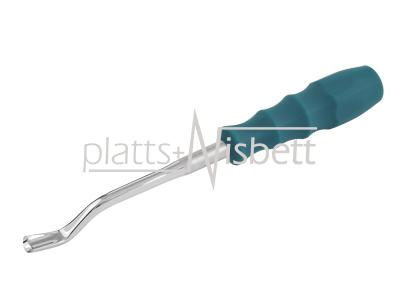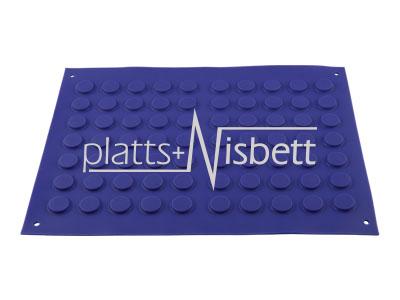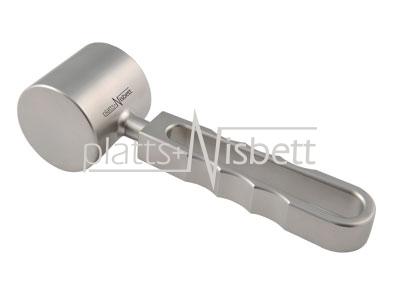Better Information Means Better Care; should NHS Data be shared?

By the end of this month, every household in England should have received a leaflet from the NHS entitled “Better information means better care”. The leaflet contains important information regarding our medical records, and represents the biggest proposed change in the way they are handled.
The NHS proposes to share this confidential information extracted from GP surgeries, and make it available to the Health and Social Care Information Centre (HSCIC). Once loaded onto this database, medical records will be available to third parties such as researchers or private pharmaceutical companies.
Although there will be no names attached to the data itself, there will be plenty of other information still readily available. Details will include NHS number, date of birth, postcode, gender, ethnicity and a variety of medical information such as referrals, screening tests and alcohol habits.
Advocates say the collation of data plays an important part in medical research. They say sharing data will make medical advances easier, because it will allow drugs research and ultimately save lives. Leading charities including Cancer Research UK, Diabetes UK and the British Heart Foundation are launching a campaign to highlight the importance of allowing the notes to be shared for the advancement of medical science.
However, privacy experts warn there will be no way for the public to know who has their medical records and for what purpose. Doctors have promised that patients will remain anonymous, but data protection campaigners have warned that individuals risk being identified. Patients could be re-identified because companies may be able to match their own data to the official records.
At first the Government had intended the programme to be compulsory, however given the sensitivity of the reform people will be allowed to opt out. While the leaflet does explain that people can speak to their GP if they are not happy for their information to be shared, this is not prominent on the leaflet.
Board papers drawn up by health officials warn that proposed EU regulations to harmonise rules on data protection would not allow such a system. This would mean the national scheme and other large research projects already under way would have to be scrapped. The documents also disclose that the initiative would cost the taxpayer at least £50 million and the scheme has yet to be approved by the Treasury.













































































